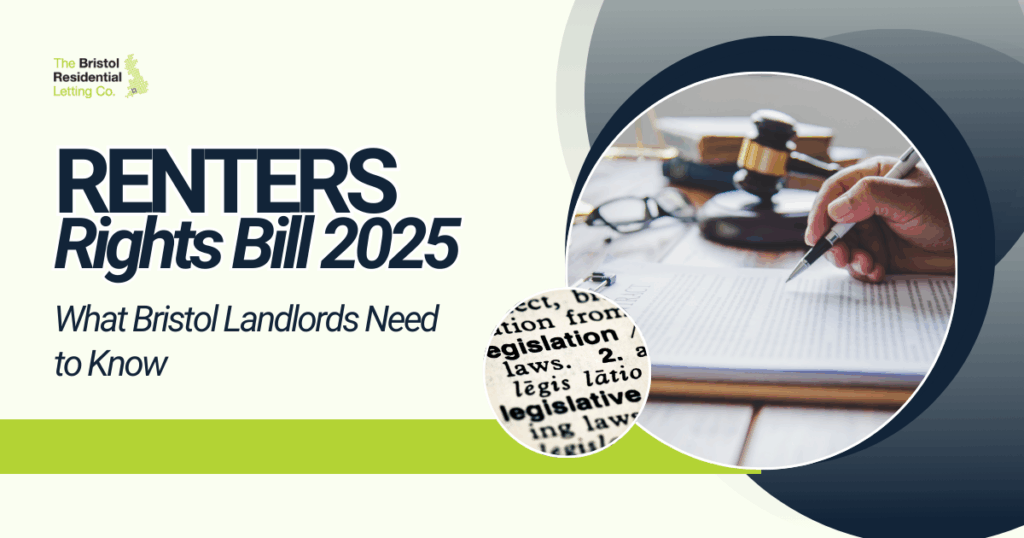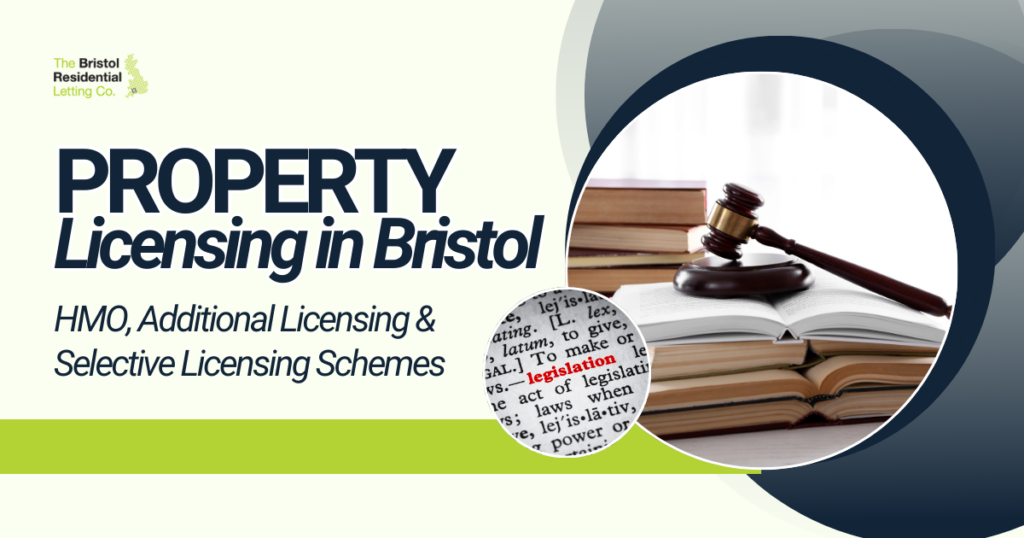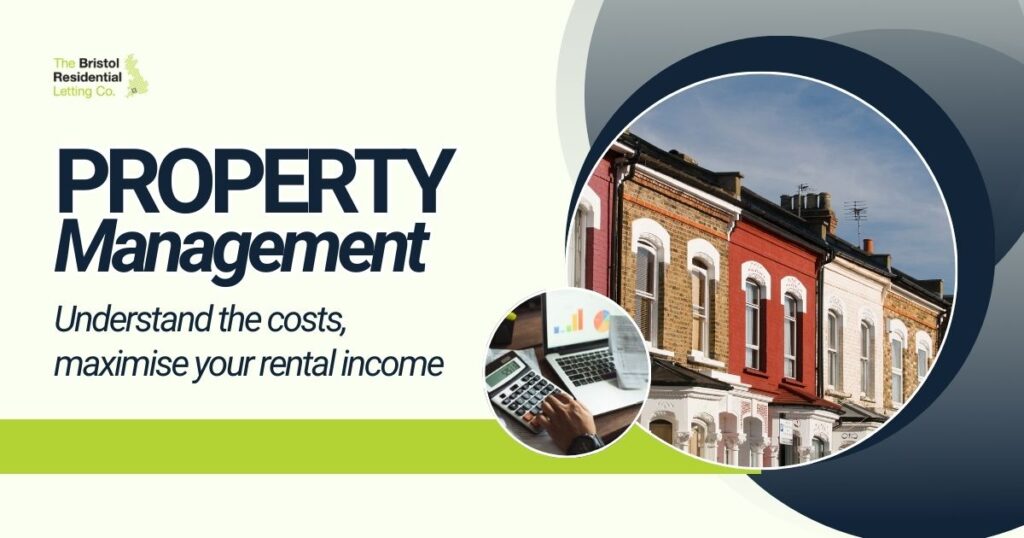Sorry, we couldn't find any posts. Please try a different search.
Share Article
Contents
Introduction to Property Management Fees
As a landlord, managing a rental property involves various responsibilities, from finding and vetting tenants to handling maintenance issues and ensuring rent is collected on time. Many landlords choose to outsource these tasks to professional property management companies. The fees charged by these companies are known as property management fees, and they cover a range of services designed to ease the burden of managing a rental property.
These fees are a regular part of the expenses associated with owning and letting out a property. Whether you’re paying for a full management service, where the company handles virtually everything, or just for certain services like tenant sourcing or rent collection, these costs can add up. Understanding how these fees fit into your overall financial picture is crucial for effective property management and maintaining a profitable rental business.
The Importance of Understanding Tax-Deductible Expenses
For landlords, maximising returns on rental investments isn’t just about setting the right rental price or keeping your property occupied. It’s also about being savvy with your finances, particularly when it comes to taxes. The UK tax system allows landlords to deduct certain expenses from their rental income before calculating their taxable profit. This means that by properly accounting for deductible expenses, you can reduce your tax bill and keep more of your rental income.
However, not all expenses are tax-deductible, and it’s essential to know which ones are to ensure you’re not missing out on potential savings. Property management fees, as one of the significant costs of running a rental property, are often at the forefront of landlords’ minds when it comes to tax planning. By understanding whether these fees are deductible, you can better manage your cash flow and enhance the profitability of your property portfolio.
Understanding Property Management Fees
What Are Property Management Fees?
Property management fees are charges levied by professional property management companies for the services they provide to landlords. These fees can vary widely depending on the level of service you require and the specific company you choose to work with. Generally, property management fees are calculated as a percentage of the monthly rent, though some companies may also charge fixed fees for certain services.
Typically, these fees cover a broad range of services, including:
- Tenant Finding: This service includes advertising your property, conducting viewings, vetting potential tenants through background checks, and securing a signed tenancy agreement.
- Property Management: Ongoing management services might include regular property inspections, handling tenant queries and complaints, organising maintenance and repairs, and ensuring that all legal obligations, such as gas safety checks, are met.
- Rent Collection: Property managers can take care of rent collection, chasing late payments, and even managing eviction processes if necessary.
- Investment Advice: Some property management companies offer advice on how to maximise your rental income, including guidance on property improvements, market trends, and setting competitive rental prices.
The Relevance of Property Management Services
For many landlords, particularly those with multiple properties or other time-consuming commitments, managing a rental property can be a daunting and time-intensive task. Property management services are especially relevant for landlords who may not have the time, expertise, or desire to manage the day-to-day responsibilities of being a landlord.
Outsourcing these tasks to professionals can provide peace of mind, knowing that your property is being well looked after and that your legal obligations are being met. It also frees up time, allowing you to focus on other aspects of your life or business, and can help to ensure that your property is consistently well-maintained and tenanted, which in turn can lead to more stable rental income.
Additionally, for landlords who may be new to the rental market, the guidance and support offered by property management companies can be invaluable. They can help you navigate the complexities of the rental market, minimise risks, and make informed decisions that contribute to the long-term success of your rental investment.
The Basics of Rental Income Tax in the UK
For landlords, understanding how rental income is taxed in the UK is crucial for managing finances and avoiding any potential issues with HMRC. When you receive income from letting out a property, you are subject to income tax on the net profits of your rental business. Net profits are determined by deducting allowable expenses from the total rental income you receive.
Some of the key allowable expenses that landlords can deduct include:
- Letting agent and management fees: Fees paid for property management services, such as tenant finding, rent collection, and maintenance coordination, can be deducted from your taxable income.
- General maintenance and necessary repairs: Costs for repairs to restore the property to its original condition, such as fixing a broken boiler or mending a roof, are deductible. However, any costs for improvements, such as installing a new kitchen or upgrading fixtures, cannot be claimed as an expense.
- Safety certificates: The cost of obtaining necessary safety certificates, including gas and electrical safety checks, is fully deductible.
- Insurance: Landlords can claim for premiums on insurance policies that cover the property and rental income, such as buildings and contents insurance.
- Accountants’ fees: If you use a professional accountant to assist with your tax returns and financial management, their fees can also be claimed as a deductible expense.
- Utility bills and council tax: If you, as the landlord, cover any water rates, gas, electricity, or council tax for the rental property, these costs are allowable expenses.
- Vehicle running costs: If you use a vehicle for purposes directly related to your rental business, such as travelling to the property for inspections or maintenance, the associated running costs can be deducted.
It’s important to note that HMRC uses various data sources, including land registry information, property licensing registers, and reports from third parties, to monitor rental income. This makes it essential for landlords to proactively complete their Self Assessment tax returns and declare all rental income to stay compliant with tax regulations. Being transparent with your rental income and claiming the correct allowable expenses will help you avoid any penalties and ensure you are managing your finances efficiently.
Can You Deduct Property Management Fees From Taxes?
Yes, property management fees are indeed considered an allowable expense for UK landlords. This means that you can deduct these costs from your rental income when calculating your taxable profit. By doing so, you reduce the amount of income subject to tax, which can significantly decrease your overall tax liability.
Types of Deductible Property Management Services
The range of services provided by property management companies is extensive, and many of these services qualify as tax-deductible expenses. While the specific services offered can vary from one letting agency to another, the following are some of the common types of services that landlords can typically deduct:
- Tenant Management Services: This includes fees for finding and vetting tenants, preparing tenancy agreements, and conducting inventory checks at the beginning and end of a tenancy.
- Ongoing Property Management: Regular management services, such as conducting property inspections, handling tenant queries and complaints, and organising repairs and maintenance, are all deductible. This also includes managing compliance with legal requirements, such as safety inspections and energy efficiency standards.
- Rent Collection Services: Fees related to the collection of rent, managing late payments, and handling any related financial administration can also be deducted.
- Legal and Administrative Support: Some property management companies offer legal advice or services, such as handling evictions or disputes with tenants. These costs are also typically deductible.
- Advertising and Marketing: If your property management company charges for advertising the property to attract tenants, these costs can be included as deductible expenses.
By understanding which property management fees are deductible, landlords can more effectively manage their tax obligations and maximise the profitability of their rental properties. Keeping detailed records of all these expenses is crucial for accurately claiming them on your tax return and ensuring you take full advantage of the tax relief available to you.
How to Deduct Property Management Fees from Your Taxes
Step-by-Step Guide to Deducting Property Management Fees
Deducting property management fees from your taxes is a straightforward process, but it requires careful record-keeping and accurate reporting. Here’s a step-by-step guide to help you through the process:
1. Keep Detailed Records
The first and most crucial step is to maintain thorough records of all your expenses. Property management companies usually provide an annual statement that details all the fees charged for their services. This statement is essential as it summarises the costs you can potentially deduct. Ensure that you retain this document, along with any invoices, receipts, or contracts related to the property management services you have used.
2. Organise Your Expenses
Categorise your property management fees according to the services provided. This might include tenant finding, ongoing property management, rent collection, legal services, and advertising. Organising your expenses in this way will make it easier to complete your tax return and ensure that you don’t overlook any deductible costs.
3. Include the Fees in Your Tax Return
When it comes time to complete your Self Assessment tax return, you will report your rental income and then deduct allowable expenses, including property management fees. In the “Property” section of your tax return, there is a specific area for entering your expenses. Under “Other allowable property expenses,” you can include the total amount of property management fees you have paid.
4. Review the Annual Statement from Your Property Management Company
The annual statement provided by your property management company is a valuable resource when filling out your tax return. This document will give you a clear summary of all the fees you’ve paid throughout the year. Ensure that the amounts you include on your tax return match the totals provided in this statement. If you’re using an accountant or tax advisor, provide them with this statement to help them accurately report your expenses.
5. Submit Your Tax Return
Once you’ve entered all your income and deductions, including your property management fees, you can submit your tax return. If you’re filing online, the system will automatically calculate your tax liability based on the information you’ve provided. Ensure that you file by the deadline to avoid any penalties.
6. Retain All Documentation
After submitting your tax return, make sure you keep all your records and documentation, including the annual statement from your property management company, for at least six years. This is important in case HMRC asks for evidence to support your claims.
By following these steps, you can ensure that you’re correctly deducting property management fees and optimising your tax position as a landlord. Taking the time to organise your finances and keep detailed records will pay off in the long run, helping you to reduce your tax bill and maximise your rental income.
The Property Management Company Will Provide an Annual Statement
At the end of each financial year, your property management company will provide you with an annual statement. This document is a comprehensive summary of all the fees and expenses incurred throughout the year related to the management of your rental property. The statement typically includes details of services such as tenant finding, property maintenance, rent collection, and any other charges you’ve paid.
This annual statement is crucial for accurately completing your tax return, as it outlines the deductible expenses you can claim. By using this statement, you can easily track your property management costs and ensure that all relevant fees are included in your tax calculations.
Why Use a Letting Agency?
The Benefits of Employing a Letting Agency
For landlords, managing a rental property can be a complex and time-consuming task. This is where a letting agency can make a significant difference. Employing a professional letting agency, such as The Bristol Residential Letting Co., offers numerous benefits that can simplify property management and enhance the profitability of your investment.
1. Expertise and Professionalism
Letting agencies bring a wealth of expertise to the table. They are well-versed in the intricacies of the rental market, from setting competitive rental prices to navigating the legal requirements that landlords must adhere to. Their knowledge ensures that your property is managed efficiently, reducing the risks associated with tenant management, property maintenance, and compliance issues.
2. Time-Saving Convenience
Managing a rental property requires a considerable amount of time and effort, particularly if you have multiple properties or other commitments. A letting agency takes on the day-to-day responsibilities of property management, including finding and vetting tenants, handling maintenance requests, and dealing with tenant disputes. This allows you to focus on other aspects of your life or business, knowing that your property is in capable hands.
3. Ensuring Compliance with Tax Obligations
One of the often-overlooked benefits of using a letting agency is their role in helping landlords comply with tax obligations. A good letting agency, like The Bristol Residential Letting Co., will provide detailed records of all transactions, including an annual statement summarising your property management fees and other relevant expenses. This documentation is crucial when it comes time to file your tax return, ensuring that you accurately report your income and claim all allowable deductions.
By partnering with a professional letting agency, you can be confident that your property is managed to a high standard and that you are meeting all your legal and financial obligations as a landlord. The peace of mind and convenience offered by a reputable letting agency are invaluable, especially in a dynamic and sometimes challenging rental market like Bristol.
Conclusion: Can I Deduct Property Management Fees from Taxes?
In summary, property management fees are an essential expense for many landlords, especially those who choose to outsource the day-to-day responsibilities of managing their rental properties. These fees cover a range of services, from tenant finding to ongoing property management, and are fully tax-deductible, helping to reduce your overall tax liability.
Understanding which expenses are tax-deductible is crucial for maximising the returns on your rental investments. By deducting property management fees from your taxable income, you can ensure that you’re not paying more tax than necessary. Keeping accurate records, particularly the annual statement provided by your property management company, is key to making the most of these deductions.
Beyond the convenience and expertise that a letting agency like The Bristol Residential Letting Co. offers, there are significant financial benefits to be gained. A good letting agency not only helps to manage your properties effectively but also plays a vital role in ensuring that you comply with your tax obligations, ultimately enhancing the profitability of your property portfolio.
For landlords looking to optimise their investment returns and minimise hassle, partnering with a reputable letting agency can be a smart move. By doing so, you can enjoy the peace of mind that comes with professional property management and take full advantage of the tax benefits available to you.
Additional Resources
For more detailed information on rental income, allowable expenses, and how to properly manage your tax obligations as a landlord, it’s advisable to visit the HMRC website. The site provides comprehensive guidance on what you can and cannot deduct, ensuring that you stay compliant with the latest tax regulations.
- HMRC Guidance on Property Income: Visit HMRC Website
If you’re interested in exploring professional letting services in Bristol, The Bristol Residential Letting Co. offers expert property management tailored to the needs of landlords. Whether you’re looking to maximise your rental income or ensure compliance with your tax obligations, their team of professionals is ready to assist.
- The Bristol Residential Letting Co.: Explore professional property management services
By utilising these resources, landlords can gain a deeper understanding of their tax responsibilities and discover the benefits of working with a professional letting agency.










